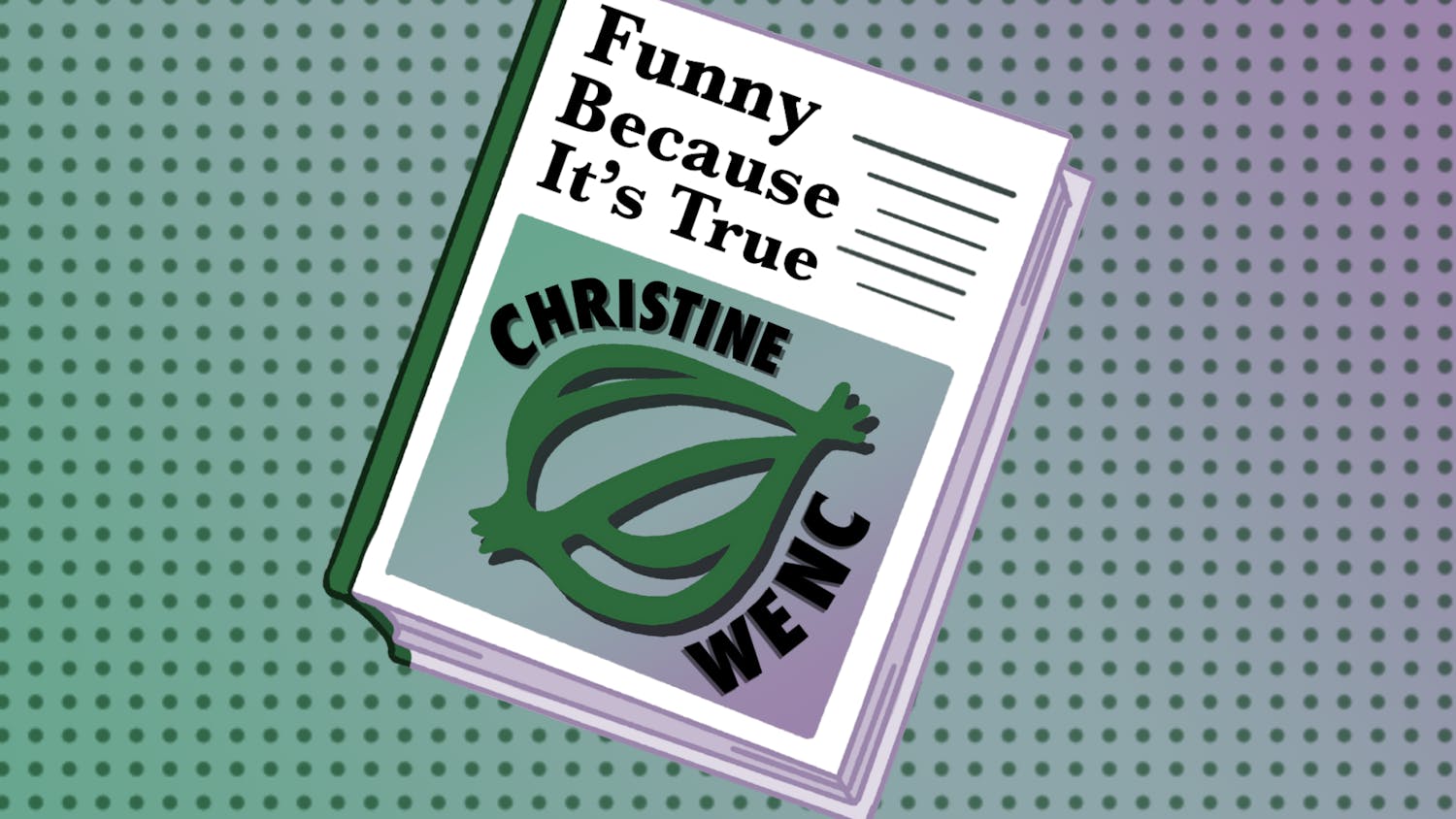Two years ago, when Netflix released its true crime docuseries “Making a Murderer,” it seemed like that was the only thing people talked about. They debated over the innocence of Steven Avery, they fawned over modern-day superheroes Dean Strang and Jerry Buting. The Buzzfeed articles constantly filled everyone’s Facebook timeline. People were obsessed with this idea of a wrongful conviction. And though there was a divide amongst viewers over Avery’s innocence, everyone agreed on the innocence of Avery’s nephew, Brendan Dassey. In the series, we watched as police officers interrogated him for hours on end, feeding him stories, telling him what they wanted to hear until he finally gave them what they wanted: a confession.
Netflix is back at it again with their new series “The Confession Tapes,” with multiple stories reminiscent of Brendan Dassey. It focuses on coerced confessions—meaning confessions obtained from defendants in unethical ways. We hear seven different stories over the course of eight episodes and all are as nauseating as the last. As a big fan of true crime, it did not take me long to binge the entire series—a matter of two days, really. Considering how sickening these unjust cases are, I would not recommend doing that.
Aesthetically, it’s really well made. Netflix has been knocking it out of the park with their true crime series since the wild success of “Making a Murderer.” They mix real live footage and interrogation videos with new interviews with prosecutors, victims and jurors alike. One of my favorite aspects of this series is how they take a look at the media and how often in murder cases everything becomes sensationalized. They take a similar approach to Netflix’s other true crime documentary “Amanda Knox” in looking at how, when the media picks up on a case, it’s nearly impossible to get an impartial jury. Then add a videotaped “confession” on top of it and the jurors almost feel obligated to find them guilty, even in cases with the most solid of alibis.
My biggest critique of the series is that they don’t often go into much detail about why these people are the victims of coerced confessions. Each of these episodes could sustain itself as a full length documentary, or even several episodes. Though the span of people prosecuted runs fairly wide—we have teenage boys, middle aged mothers, an entire group of grown men, etc.—they don’t get into how all these people are systematically disadvantaged. The people the police target in these confessions are people who are poor, people of color, people with learning disadvantages, people living with addiction, people who are struggling with grief. While watching this, I often found myself thinking, “How could you confess to something you didn’t do?” But there are so many other factors that play into it, and the docuseries doesn’t quite dive into them as deeply as I feel they should. Another aspect that should be addressed is that the people chosen are majority white. Now it’s not to say that white people aren’t abused within the criminal justice system, but it’s a little ignorant to not even acknowledge the systemic racism that exists within the system. Out of the seven episodes, only one includes people of color. True crime is a glaringly white genre already and, unfortunately, this doc series doesn’t do much to challenge that. But it does showcase a large issue that is facing many disadvantaged folks, and hopefully it will bring about a wider knowledge of the corruption that occurs in our court system.






